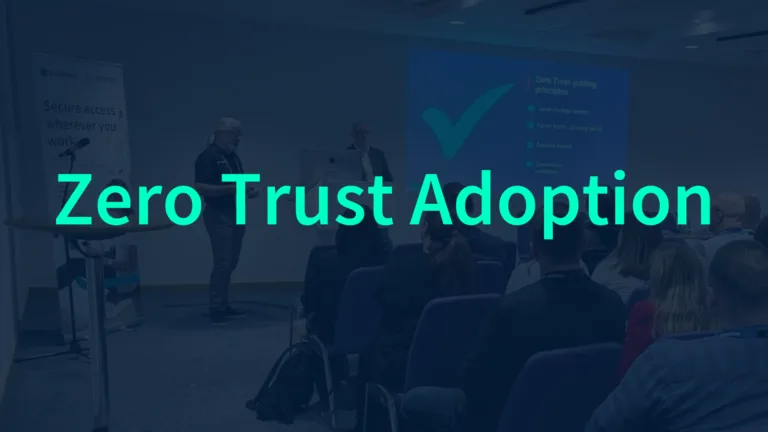Three Critical Strategies for Keeping on Top
-
Infrastructure Resilience: Keeping Your Website Online with Load Balancing
Load balancing is your digital traffic management superhero. During Black Friday and Cyber Monday, your website needs to handle:
- Complex transaction volumes
- Seamless user experiences
With this in mind, Load Balancing technology is a no-brainer, and ensures:
- Automatic traffic distribution
- Zero downtime during peak periods
- Scalable performance across multiple servers
For maintaining stability at times of high traffic, load balancing is essential. If you would like to learn more about load balancing, our partners at F5 have a detailed piece on their website you can find here.
-
Secure Transactions: Certificate Management Essentials
Certificates are your digital trust mechanism. What’s key about 2024 specifically, is how Black Friday and Cyber Monday line up.
- Black Friday: 29th November
- Cyber Monday: 1st December
The fact that Black Friday on the 29th of November and Cyber Monday is on the 1st of December, means that the crucial date of the 31st a common strategy for aligning certificate renewals) lies cautiously in the middle.
Risks of poor certificate management include:
- Instant loss of customer trust
- Potential security vulnerabilities
- Interrupted online transactions
Strong certificate management solutions offer you a range of tools to ensure these risks are averted, utilising automation, full visibility and more to put your mind at ease.
| Learn more about certificate management and our partners AppViewX here.
-
Cyber Security: Defending Against Digital Threats
It’s not just internal issues that need to be remembered this period, as this is also a time where malicious actors are on the prowl. Keeping this in mind, it’s vital to have protective measures in place such as Web Application Firewalls (WAF), your digital shield against:
- Sophisticated cyber attacks
- Infrastructure vulnerabilities
Fortinet’s WAF solutions provide:
- Continuous threat monitoring
- Real-time security updates
- Advanced threat detection mechanisms
If you’re interested in keeping protected from malicious actors, our partners at Fortinet have a wide range of security features to keep your data safe. Check this out to learn more.
How we can help
We don’t just offer technology—we provide strategic digital resilience. Our approach transforms potential vulnerabilities into competitive advantages. To business leaders, I would like to offer you a few key takeaways:
- Invest in robust digital infrastructure
- Prioritise continuous security monitoring
- Implement advanced load balancing
- Manage certificates proactively
- View technology as a strategic asset
The digital marketplace waits for no one, and cyber security isn’t just for Christmas! These are adoptions you should be looking to make for year-round security coverage. Are you prepared?










